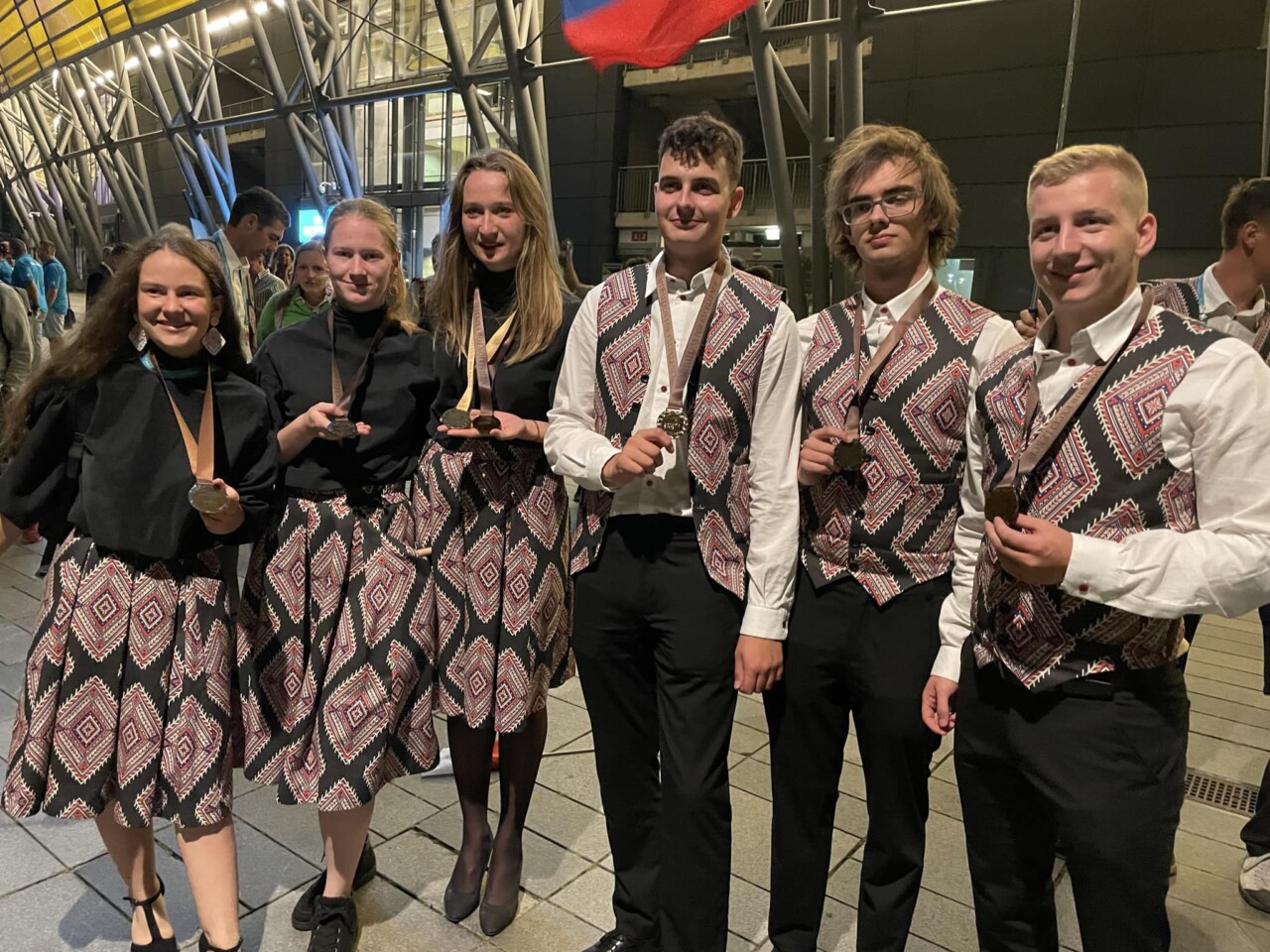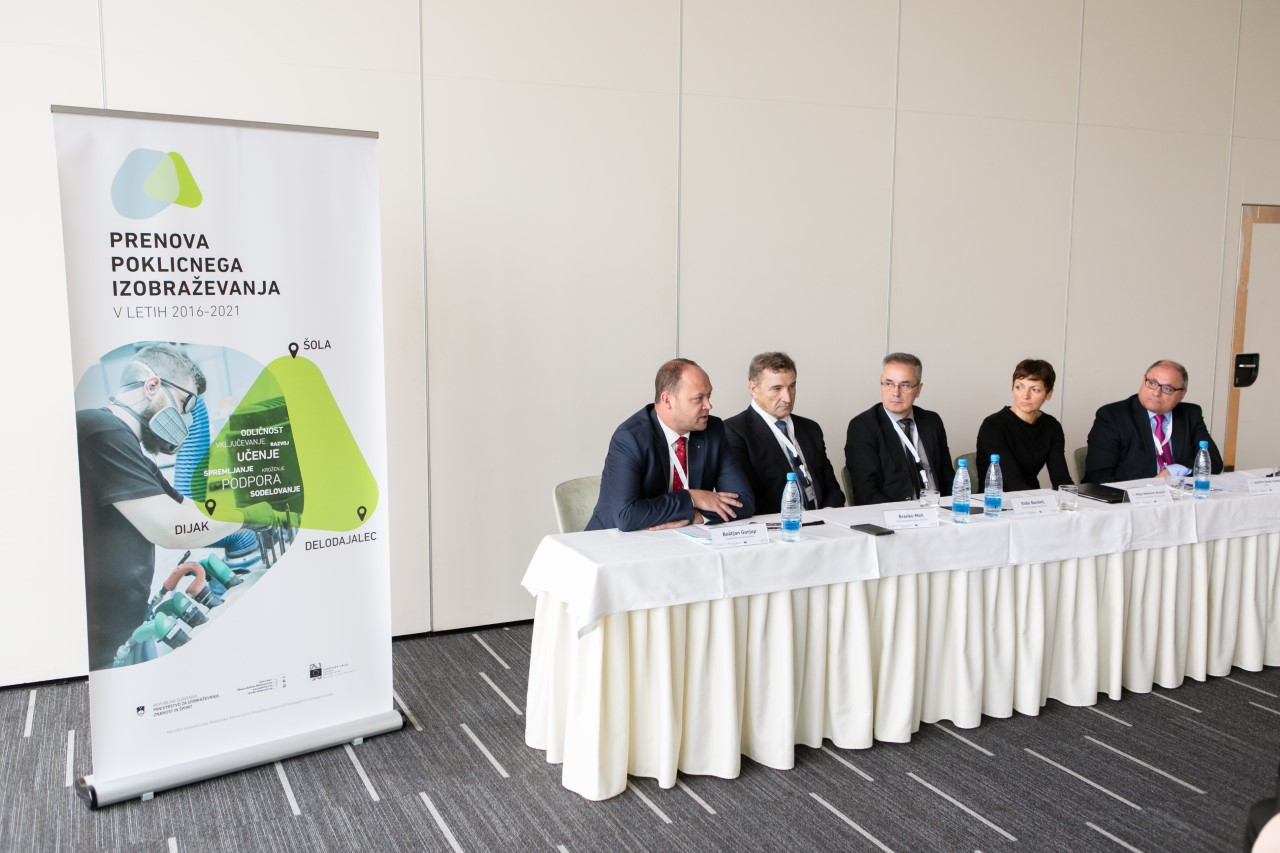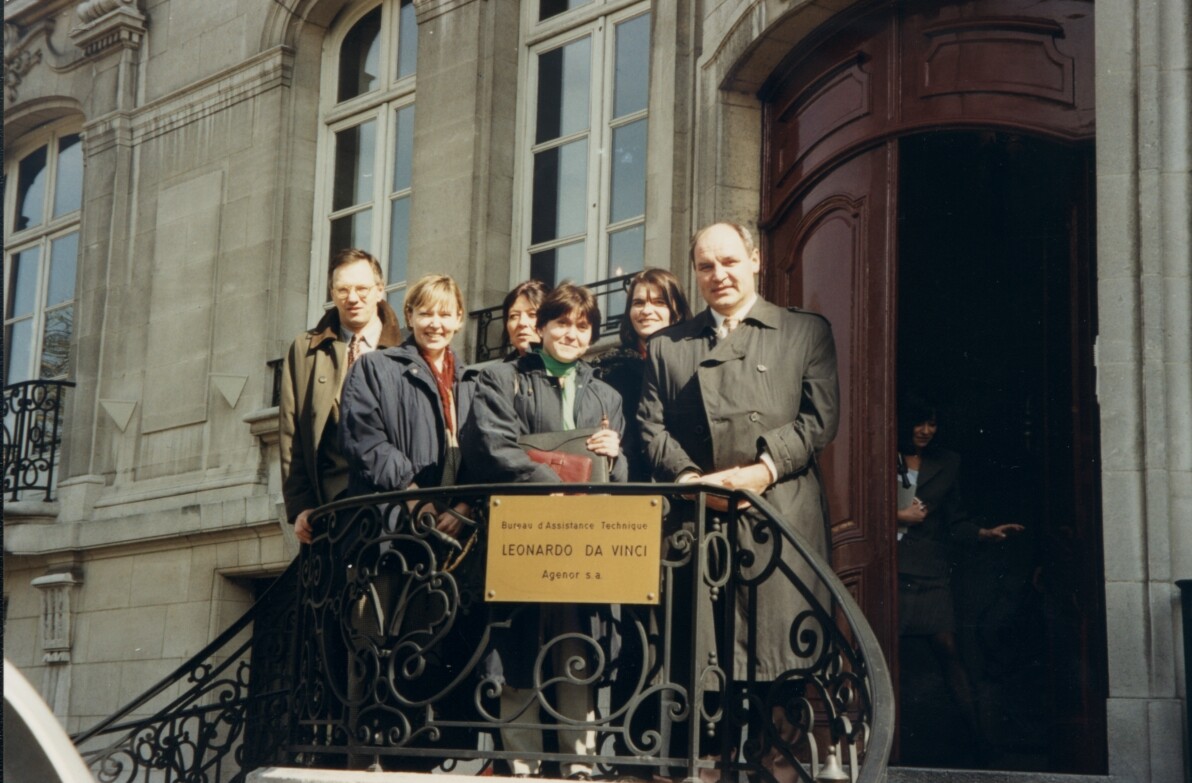In 2023, Aleksandar Sladojević assumed the leadership of the Centre as Acting Director.
In the second half of 2024, Gregor Mohorčič, M.Sc has been appointed as Director. All the stakeholders on the CPI governing board expressed their support for his appointment.
Strategic changes continued, with a central focus on improving the quality and consistency of the vocational Matura. The establishment of ten additional national subject committees has enabled the coordination of the Matura’s implementation at the national level.
In 2024, we celebrated the 15th anniversary of Slovenia’s membership in the WorldSkills Europe network, which plays a pivotal role in promoting vocational and professional education and enhancing the reputation of vocational skills. National competitions, SloveniaSkills, play a key role in this process, serving as a platform for young talents to showcase their skills biannually. These events emphasise the importance of excellence, innovation and collaboration with employers, contributing to the development of a skilled and competitive workforce. Winners of the competition will have the opportunity to participate in EuroSkills competitions, gaining international experience and expanding their professional networks.
In 2025, we will celebrate several anniversaries, the most significant of which will be the 30th anniversary of the Centre of the Republic of Slovenia for Vocational Education and Training – the leading national institution for the development, implementation, and promotion of vocational and professional education.
In addition to the 30th anniversary of its establishment, the year will also mark the 25th anniversary of the National Vocational Qualifications (NVQ) system, which plays a key role in supporting lifelong learning and improving employability by enabling adults to obtain an NVQ certificate through the validation and assessment of informally acquired knowledge.
We are also proud to announce that we will be celebrating the 20th anniversary of the National Europass Centre, which has become a key tool for presenting knowledge and skills. The Europass CV is the most recognised method of gaining recognition.
This year marks the 10th anniversary of the Slovenian Qualifications Framework Act (SQF), which established the legal basis for the national contact point and defined key elements of the system. This has contributed to the transparency of educational programmes and the recognition of qualifications in Slovenia and across Europe.
Finally, we will commemorate the 10th anniversary of the national EQAVET reference point, which serves as a conduit between European policies and national initiatives for quality development in education.
We recognized early on the importance of promoting professions as essential component to increasing the visibility and reputation of vocational and professional education. Our goal is to enhance the attractiveness of these educational pathways and strengthen cooperation between schools, companies, and young professionals. We began actively focusing on promotion in 2008, when we started developing a comprehensive awareness-raising approach.
It was clear early on that promoting professions was vital to raising the profile and standing of VET. Our objective is to enhance the appeal of these educational pathways and to strengthen collaboration between educational institutions, companies, and young professionals. In 2008, we initiated a comprehensive promotional strategy, marking the beginning of our systematic approach to raising awareness.












